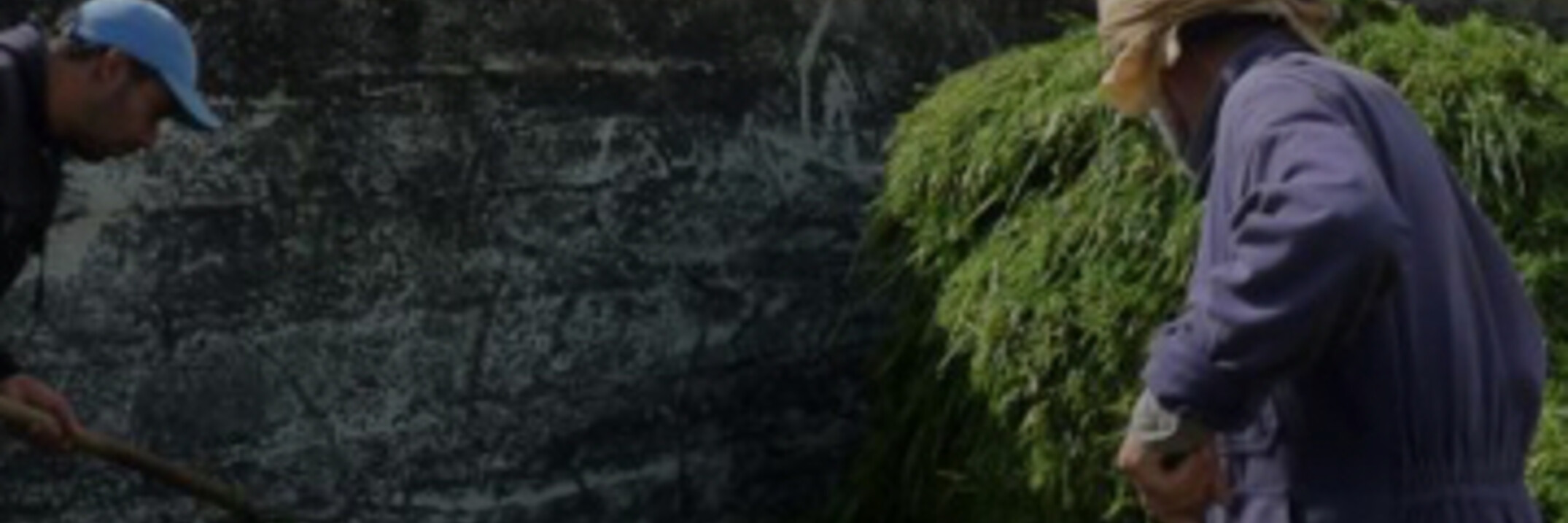Pulses, the unsung heroes of the agricultural realm, embody a crucial protein source and exhibit remarkable resilience to environmental stresses like drought, heat, and cold, making them a pivotal crop in India's agricultural landscape. On September 2 – 4, 2024, the ICARDA India hosted the successful 29th Annual Group Meet on Rabi Pulses at the Food Legume Research Platform at Amlaha.

